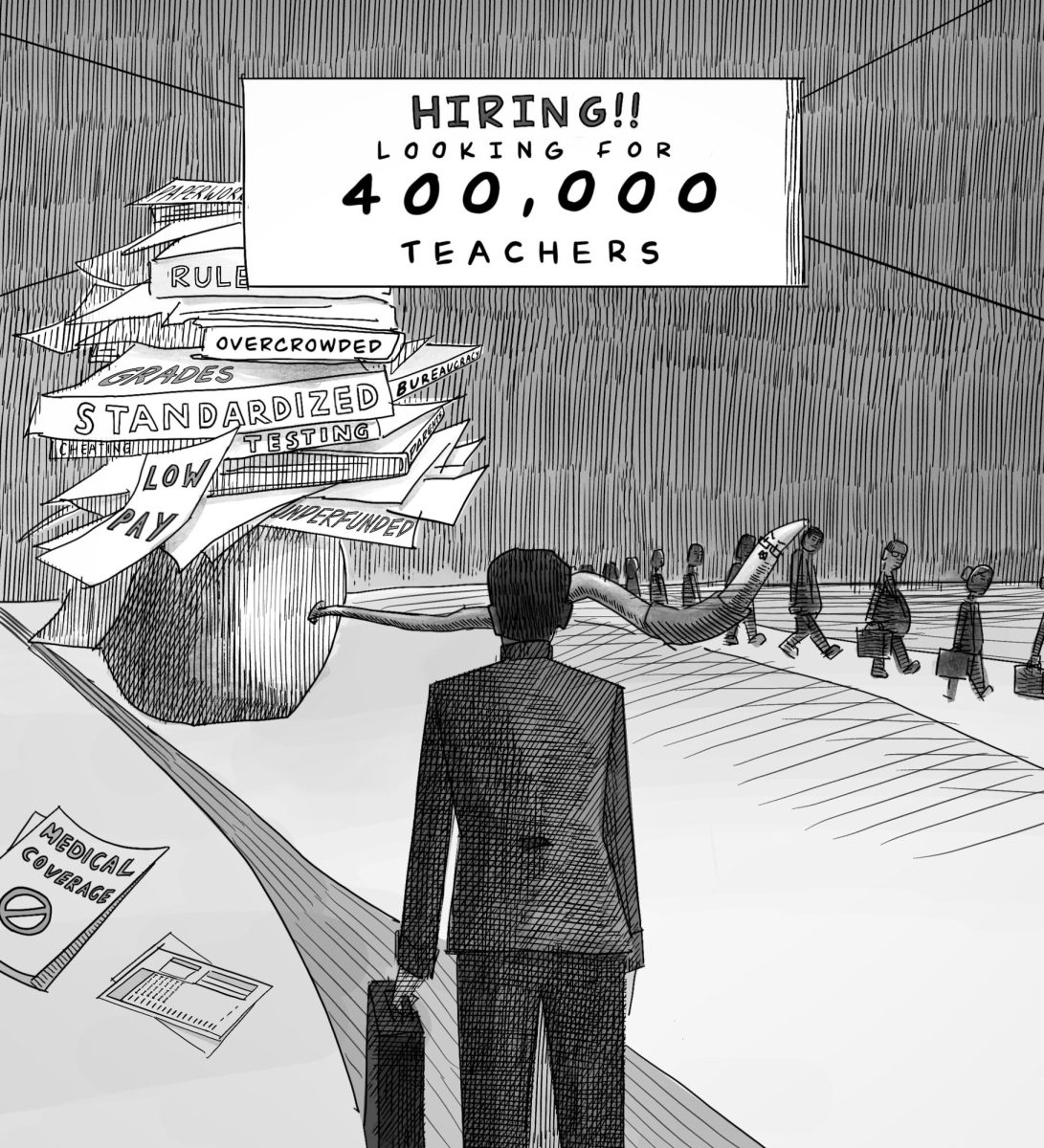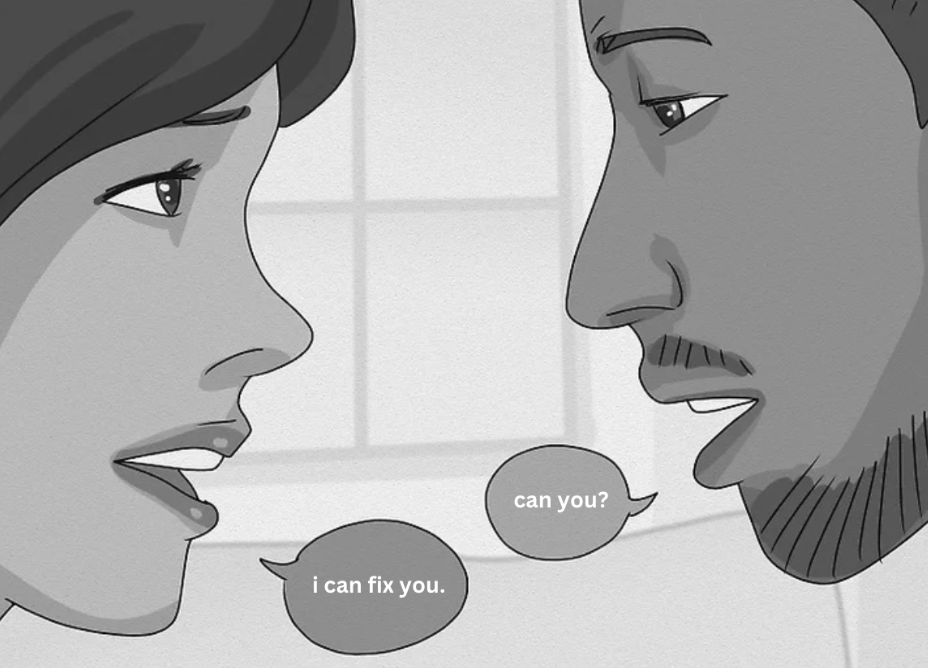Should high schools have social development classes?
By Cathy Wang | Opinions Editor
I know that the mitochondria is the powerhouse of a cell, and I can figure out in less than a second that 32 times 32 is 1024. But what’s the procedure for buying an apartment in a couple years? How do I set up a bank account? Even though students are only a few years away from adulthood, many know little about being adults. There is a dangerous disparity between students’ academic knowledge and social knowledge. High schools should teach life skills because students deserve a complete education, students may not have equal opportunities to learn at home, and there is no better time for students to learn than in school.
Not everyone will go to college, but everyone will need to pay taxes or fill out paperwork for a job one day. Schools are responsible for teaching younger generations the fundamentals of how things work in society. In fact, in a 2010 report by the National School Boards Association, 31.7 percent of board members considered “preparing students for satisfying and productive lives” to be the most important purpose of school education, second to “helping students fulfill their potential.” Students need to know and live up to social standards in order to pave their say to “satisfying and productive lives.” Learning how the society works gives teenagers the power to make independent and responsible decisions that impact their lives, especially financially and civically; schools have the responsibility to teach students to do so.
Some people believe that parents are in the best position to teach their children because they have personal experience or advice. However, teachers can provide the same insight to all students equally, something parents may not be able to do. Some parents may not have comprehensive enough backgrounds or adequate resources; others may not have the time to show their children step-by-step how to pay bills or what to look for when shopping for cars. A 2013 survey conducted by Pew Research found that 53 percent of working parents admit the difficulty of balancing work and family responsibilities. In fact, around 60 percent of two-parent households have two working parents. Parents simply have too many responsibilities to guarantee their children adequate learning experiences that would help their social survival. Teaching it in school, an environment dedicated to education, ensures complete curricula that covers the necessary bases to become a responsible adult in society.
When the time comes for students to use the life skills, it will be too late for them to start learning. A last minute scramble to figure things out on wikiHow or Yahoo! Answers will not be as effective as fully understanding the procedure through a school curriculum and accessible, knowledgeable teachers. High school is the appropriate time to teach students because they approach the age of independence. The sooner they understand what’s required in different life situations, the better prepared they will be when dealing with them. Therefore, teaching life skills will ease the inevitable jump between living at home and largely depending on parents during high school to venturing into the real world by oneself after graduation.
Life skills are applicable for everyone. Since life exists beyond academics, high schools should teach students how to deal with those life situations, which includes getting a job, paying bills, filling out the different, required tax forms, and getting and using bank accounts. Currently, not all students know what’s expected of them to survive society’s demands, but everyone will need that knowledge, especially once they graduate. Schools can provide an equal and comprehensive education that would be eventually useful to everyone. For now, I can at least say that I learned about the voting process in AP Government class.










